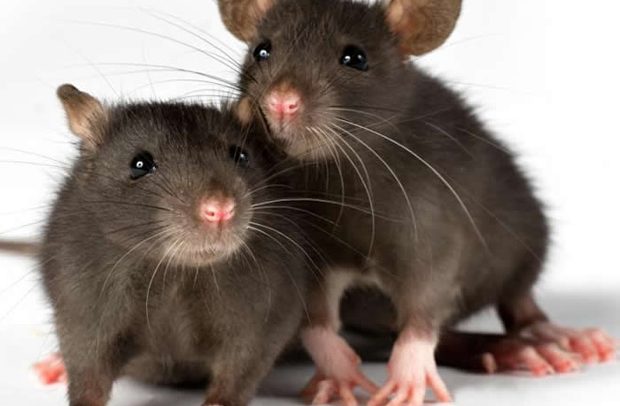One person has died of Lassa fever, an acute viral infectious disease, after being admitted at the Tema General Hospital (TGH) in the Greater Accra Region.
The deceased, a 26-year-old man, was rushed to the hospital on February 23, 2018, showing symptoms of general body weakness, severe headache, joint pains and profuse vomiting of blood with clots.
His condition however started deteriorating while on admission at the hospital on the night of February 27, 2018, leading to his death in the early hours of the next day.
A joint statement confirming the incidence issued by the Ghana Health Service (GHS), Ministry of Health (MoH) and the World Health Organisation, (WHO) Ghana office, said the deceased started showing symptoms on February 22, 2018 after returning from Kintampo North District a few weeks ago to Tema.
It further indicated that the deceased had travelled to other parts of the country, including the Eastern, Volta and the Brong-Ahafo Regions, within a period of three weeks.
“He was suddenly taken ill on February 22, 2018 and he reported to Tema General Hospital on February 23 after the symptoms had worsened and was admitted,” the statement said.
It further explained that the deceased was seen at the emergency unit of the hospital and was taken through resuscitation after which investigations started.
“Blood sample was taken and sent to Noguchi Memorial Institute for Medical Research (NMIMR) for laboratory investigation which confirmed Lassa fever,” it revealed.
The deceased was then moved to the isolation unit and later to the Infectious Disease Centre (IDC) at the hospital where he passed on, the health organisation indicated.
Actions Taken
Stating actions taken to curb the further spread of the disease in the country, the Ghana Health Service and the Ministry of Health revealed that the deceased had been buried safely in a dignifying manner supervised by trained professionals.
“Contact tracing and follow up process have been initiated, regional and districts health facilities have been informed about the outbreak, process to mobilise and stockpile essential logistics such as drugs and personal protecting equipment (PPE) has been initiated,” the statement announced.
The public health emergency management committees (PHEMCs) at all levels (national, regions and districts) have also been activated to enhance surveillance, including points of entry (POEs) surveillance with screening at the respective POEs also activated, according to the document.
“We appeal to the general public to adhere to actions towards prevention and protection against further spread of the disease,” the health institutions pleaded.
Lassa Fever in Ghana
Ghana had earlier in 2011 confirmed few cases of Lassa fever in the Ashanti and Eastern Regions.
A few weeks ago, the Ghana Health Service issued a series of health alerts following the outbreak of the disease in neighbouring Nigeria which claimed 54 lives.
Lassa fever, a disease endemic in West Africa, is transmitted to humans through contact with the urine, saliva, faeces and blood of the multi-mammate rat, the reservoir for the virus.
It is also transmitted through direct physical contact with an infected person, through body fluids like blood, saliva, stool, vomitus, urine, sweat and soiled linen used by a patient.
The disease may present symptoms like that of Ebola, yellow fever, malaria, typhoid fever; respiratory tract infections, headache, sore throat, muscle pain, chest pain, nausea, vomiting, diarrhoea, cough and abdominal pain with facial swelling, fluid in the lung cavity and bleeding tendencies (from the mouth, nose, vagina or gastrointestinal tract) in severe cases.
Dr Badu Sarkodie, Director Public Health Division, GHS, added that there is an effective drug for treatment if reported early to a health facility/centre.
“The disease is gradual in the onset with non-specific signs and symptoms as its incubation period is between 2-21 days. About 80 percent of infections are mild or without symptoms, however, the disease can be severe and fatal,” he said.
Dr Sarkodie said although there is no human vaccine against Lassa fever, promoting good “community hygiene”, storing grains and other foodstuffs in rodent-proof containers, maintaining clean households and keeping cats to scare rodents away could be of a help.
He urged family members to avoid contacts with blood and body fluids while caring for the sick.
By Jamila Akweley Okertchiri


